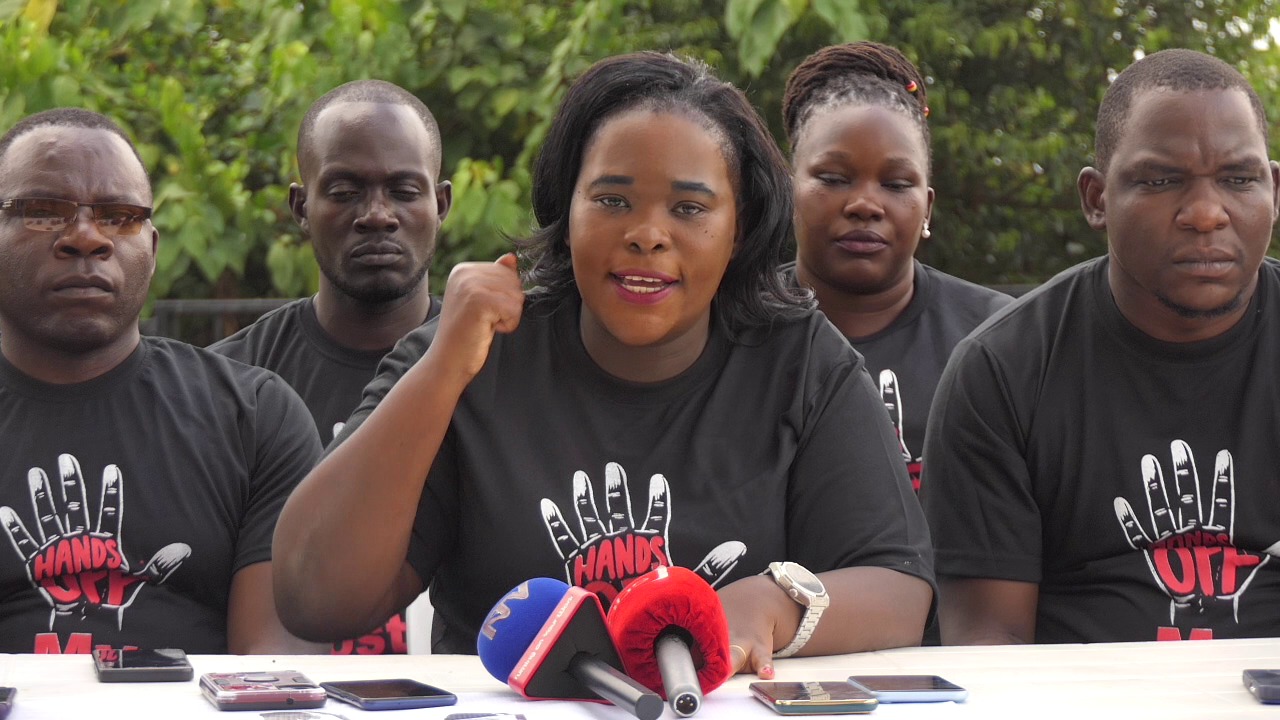The National Unity Platform (NUP), Uganda’s leading opposition party, has accused the Uganda People’s Defence Forces (UPDF) of systematically removing their campaign posters in Entebbe. This incident reflects escalating political tensions as the country approaches the 2026 general elections and raises significant concerns about the role of the military in political affairs.
Background of the Dispute
Entebbe, a key municipality in Uganda, has recently become a hotspot for political confrontations. The NUP alleges that the UPDF has been actively targeting their posters across the town, resulting in the removal or destruction of vital campaign materials. These posters serve as important tools for the opposition’s grassroots communication and voter mobilization efforts.
To protest these actions, the NUP launched the “Hands Off My Posters” campaign, condemning what they see as an intimidation tactic aimed at suppressing opposition voices and limiting political expression ahead of the elections.
Political Context
The accusations come amid a highly charged political atmosphere. In addition to the poster removals, there have been legal controversies involving NUP activists, including a high-profile court case over alleged defacement of President Yoweri Museveni’s posters. The opposition claims these are forms of politically motivated persecution designed to weaken their presence and influence.
Implications for Democracy
The NUP’s protest shines a light on broader democratic concerns in Uganda. Opposition leaders argue that the involvement of the military in partisan activities, such as removing opposition campaign materials, undermines the neutrality of state institutions. This involvement threatens the integrity of the electoral process by creating an environment of intimidation, which may discourage political participation.
Critics also point to legislative changes and political developments that have seemingly increased the military’s role in governance, raising alarms about the militarization of politics. Civil society groups and legal experts warn that these trends erode constitutional democracy and the separation of powers.
The UPDF’s Position and Public Perception
While the UPDF officially maintains a stance of neutrality, many opposition supporters and observers perceive the military’s actions as part of a broader crackdown on dissent. The growing influence of military elites close to the presidency has heightened concerns about the impartiality of Uganda’s defense forces during elections.
Conclusion
The NUP’s accusations against the UPDF over the removal of campaign posters in Entebbe are indicative of deeper political struggles in Uganda. This episode exemplifies the challenges facing opposition parties in a landscape where security forces wield considerable influence beyond their traditional roles. It raises crucial questions about political freedom, the proper role of the military in civil affairs, and the overall health of Uganda’s democracy as the country prepares for the 2026 general elections.
As political tensions rise, close attention will remain on developments in Entebbe and across Uganda in the coming months.

